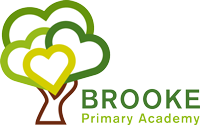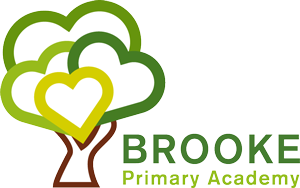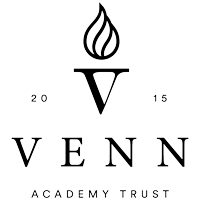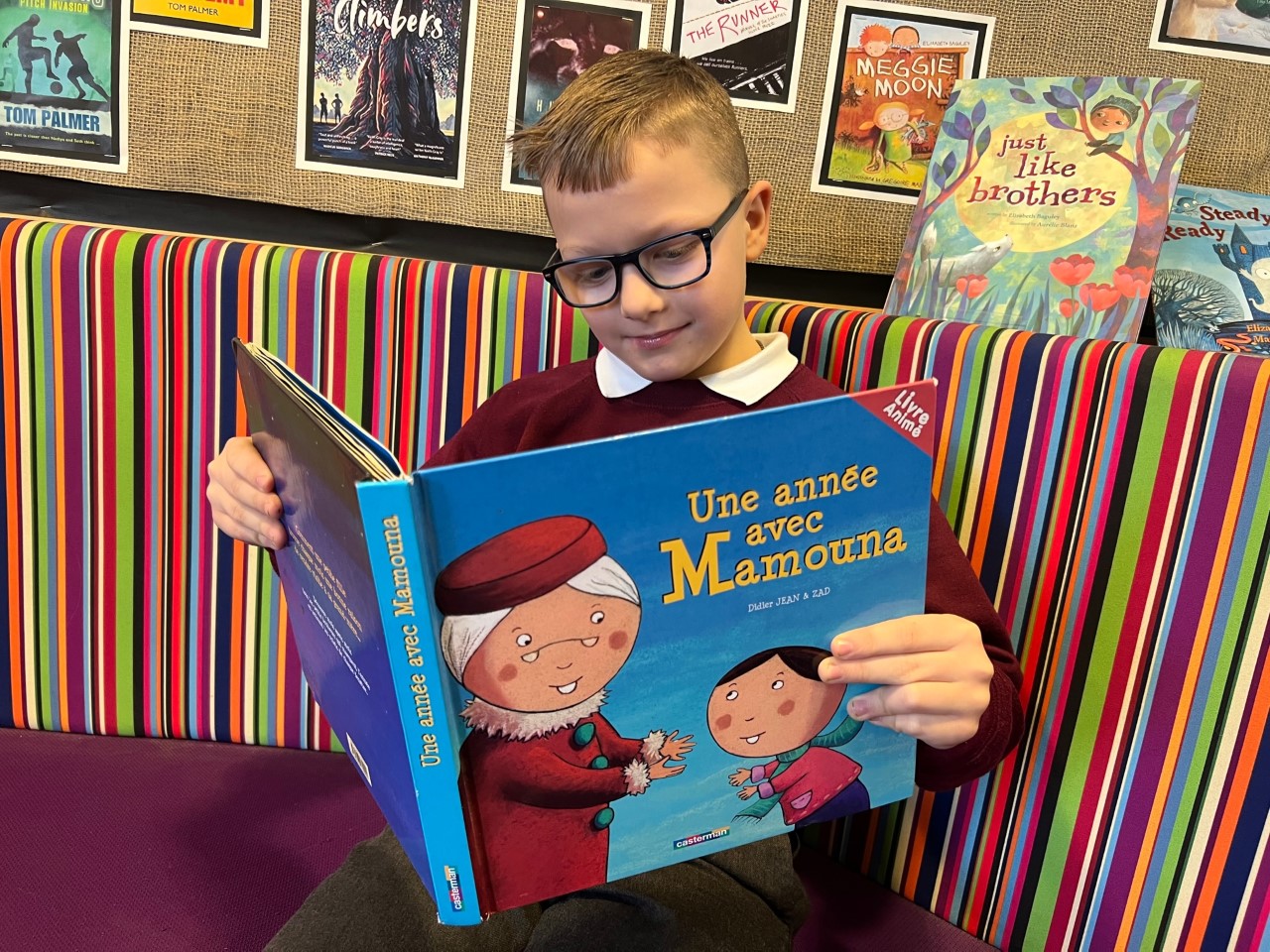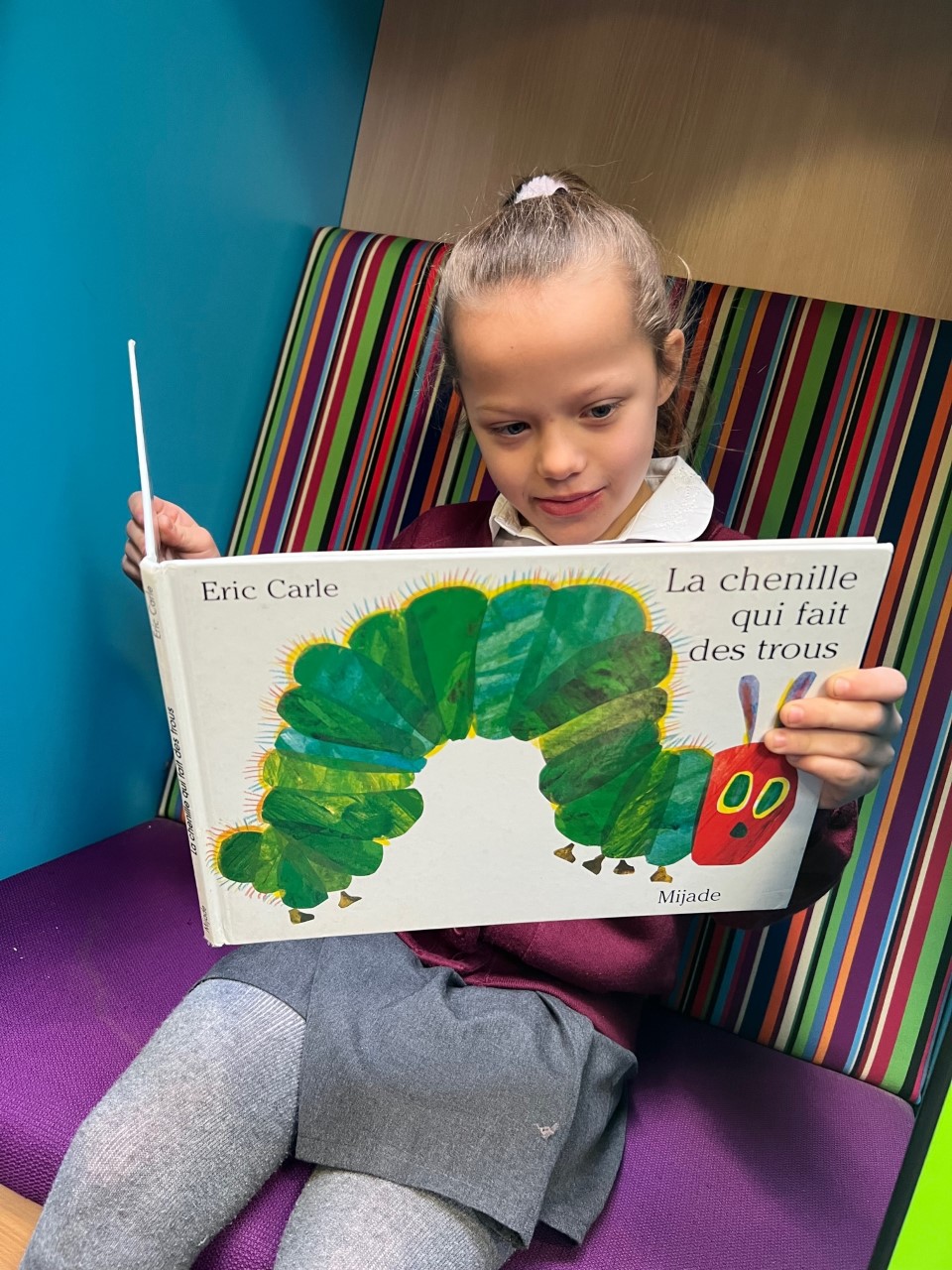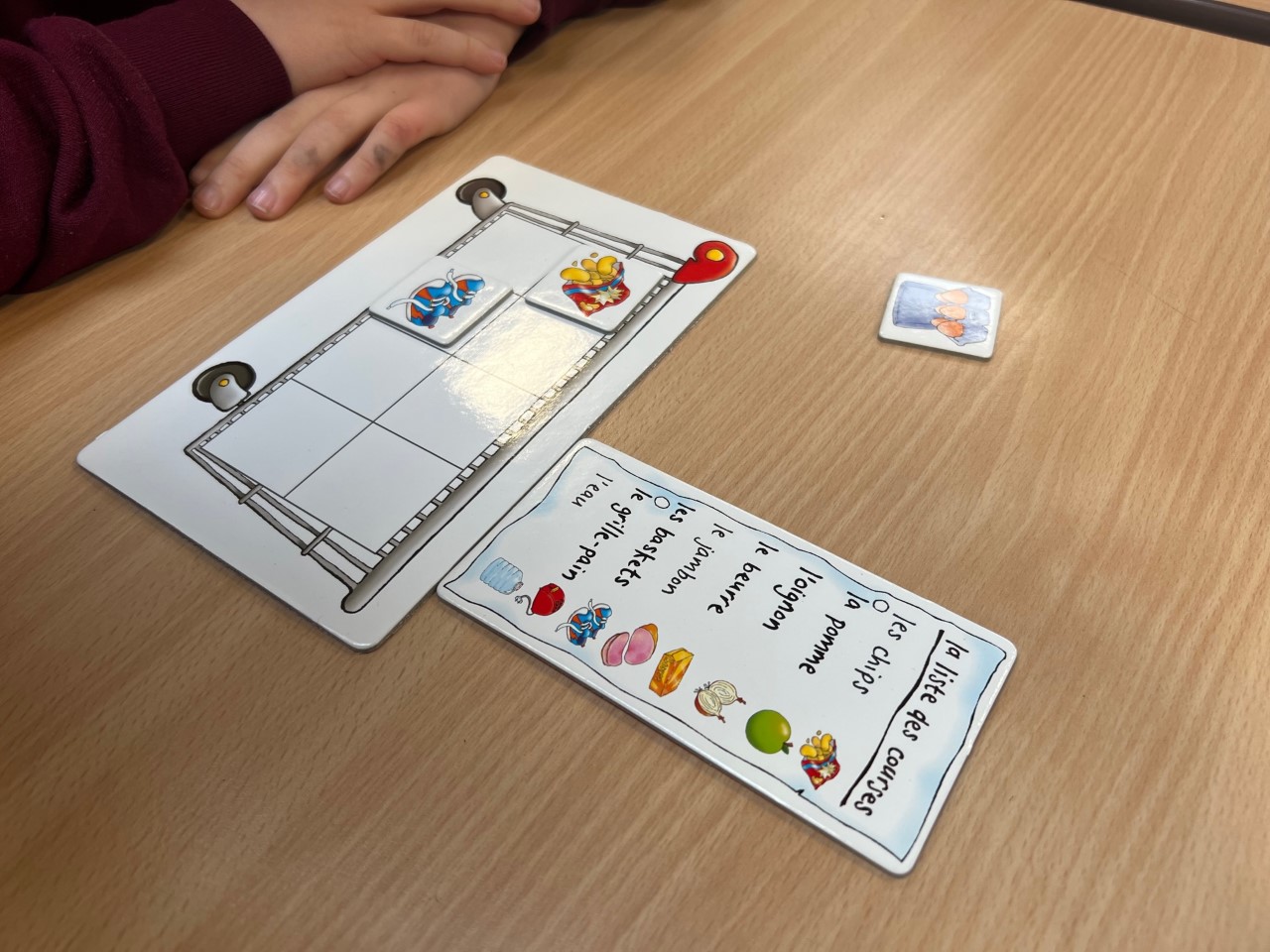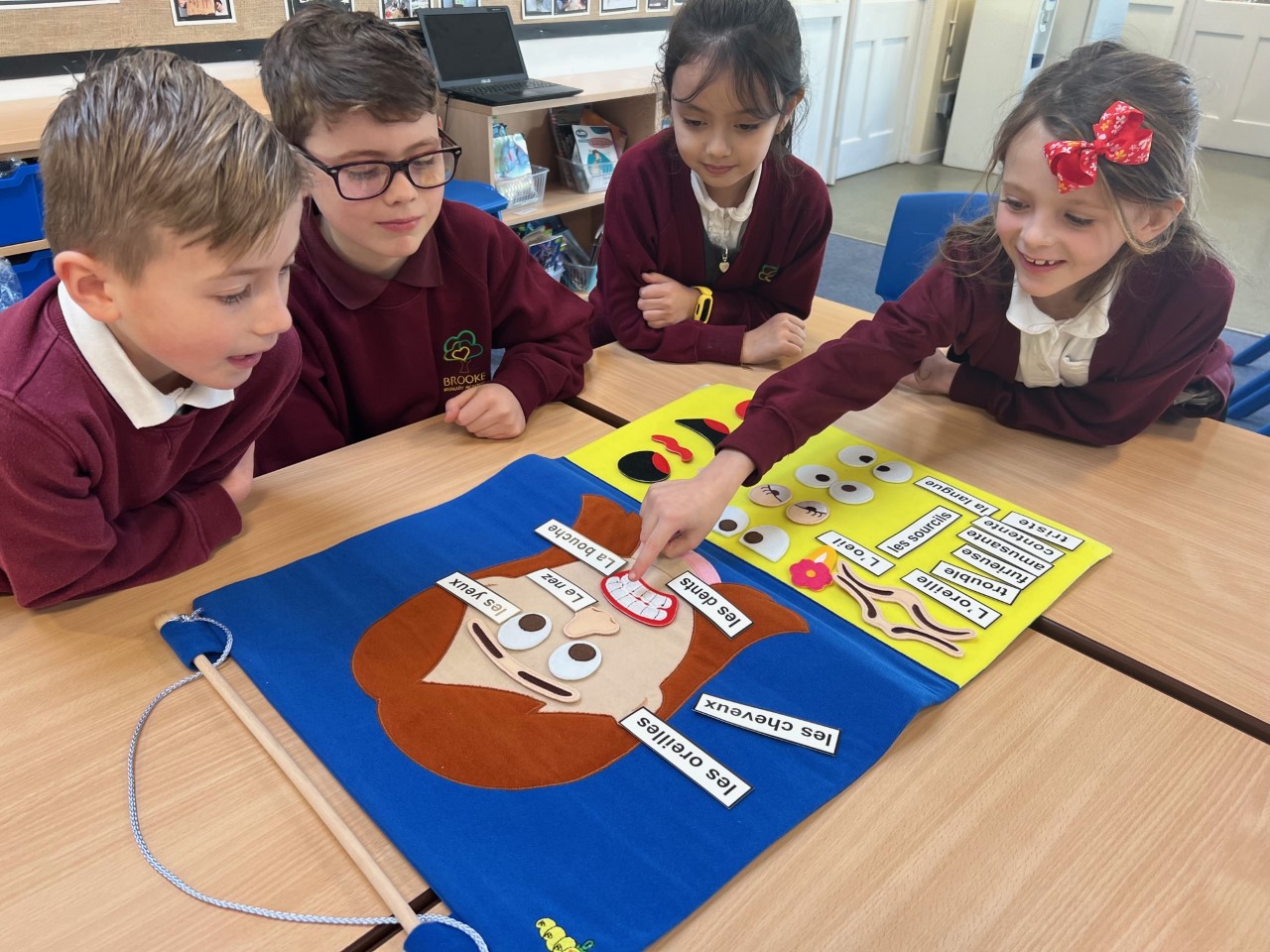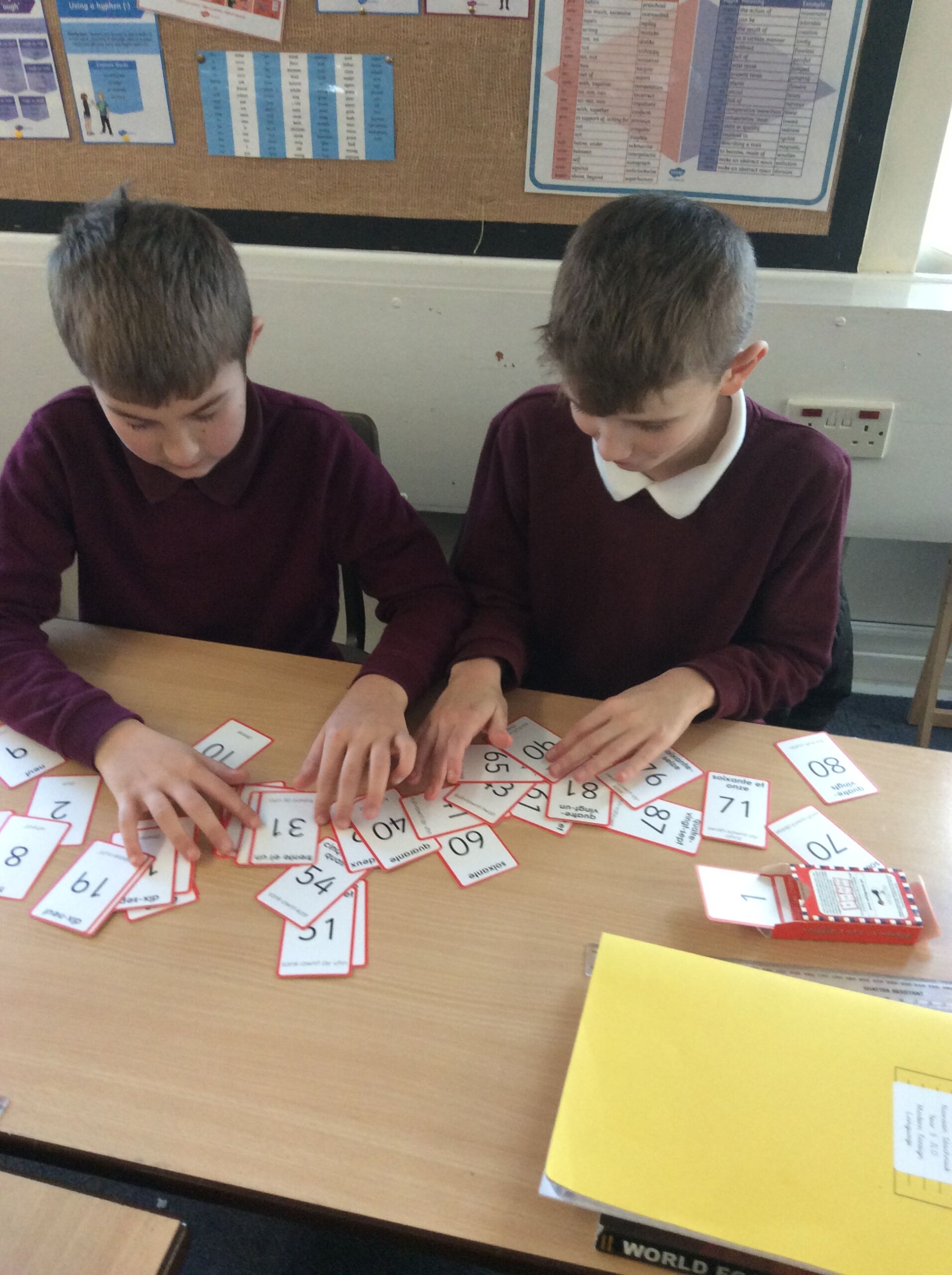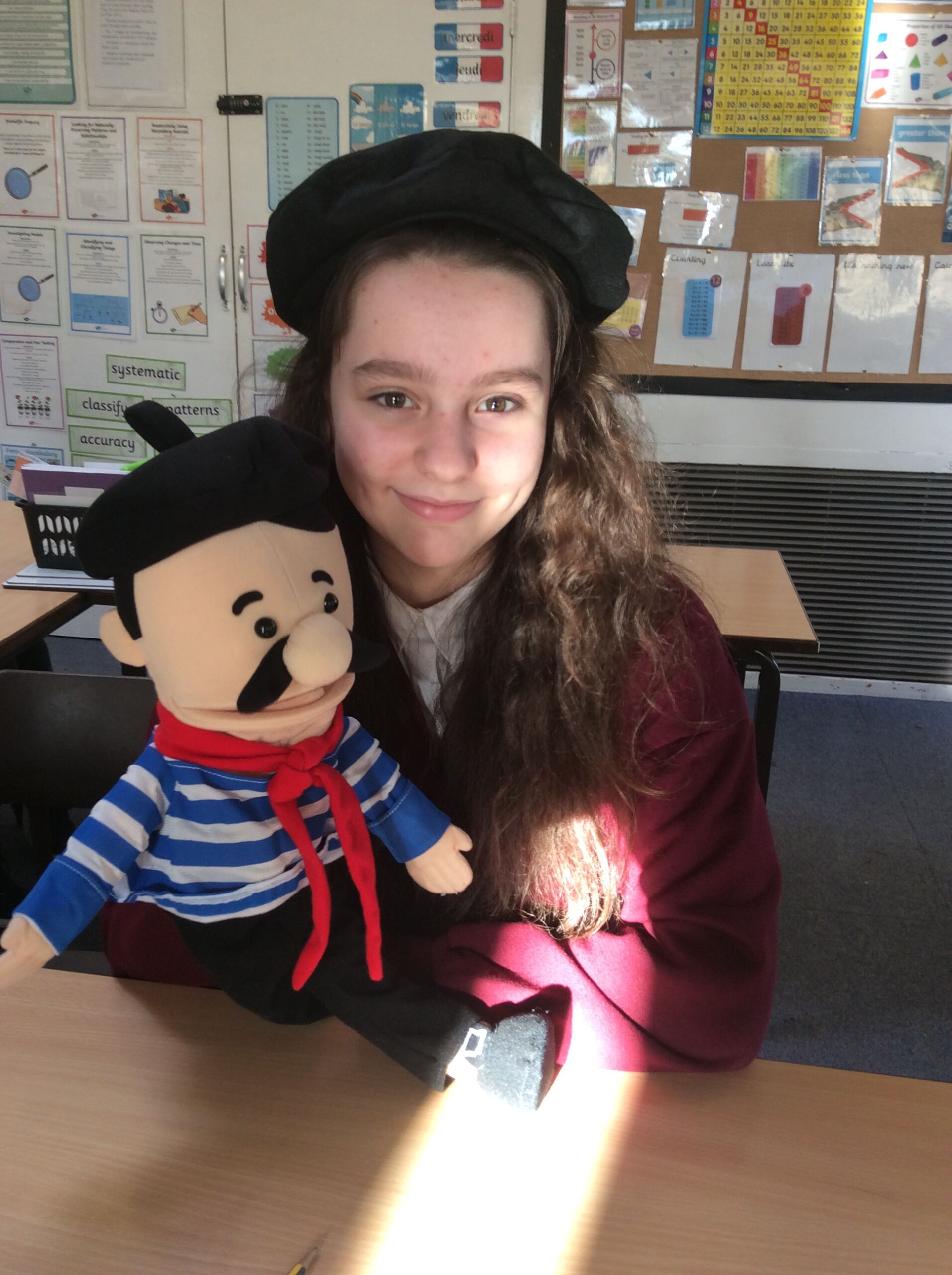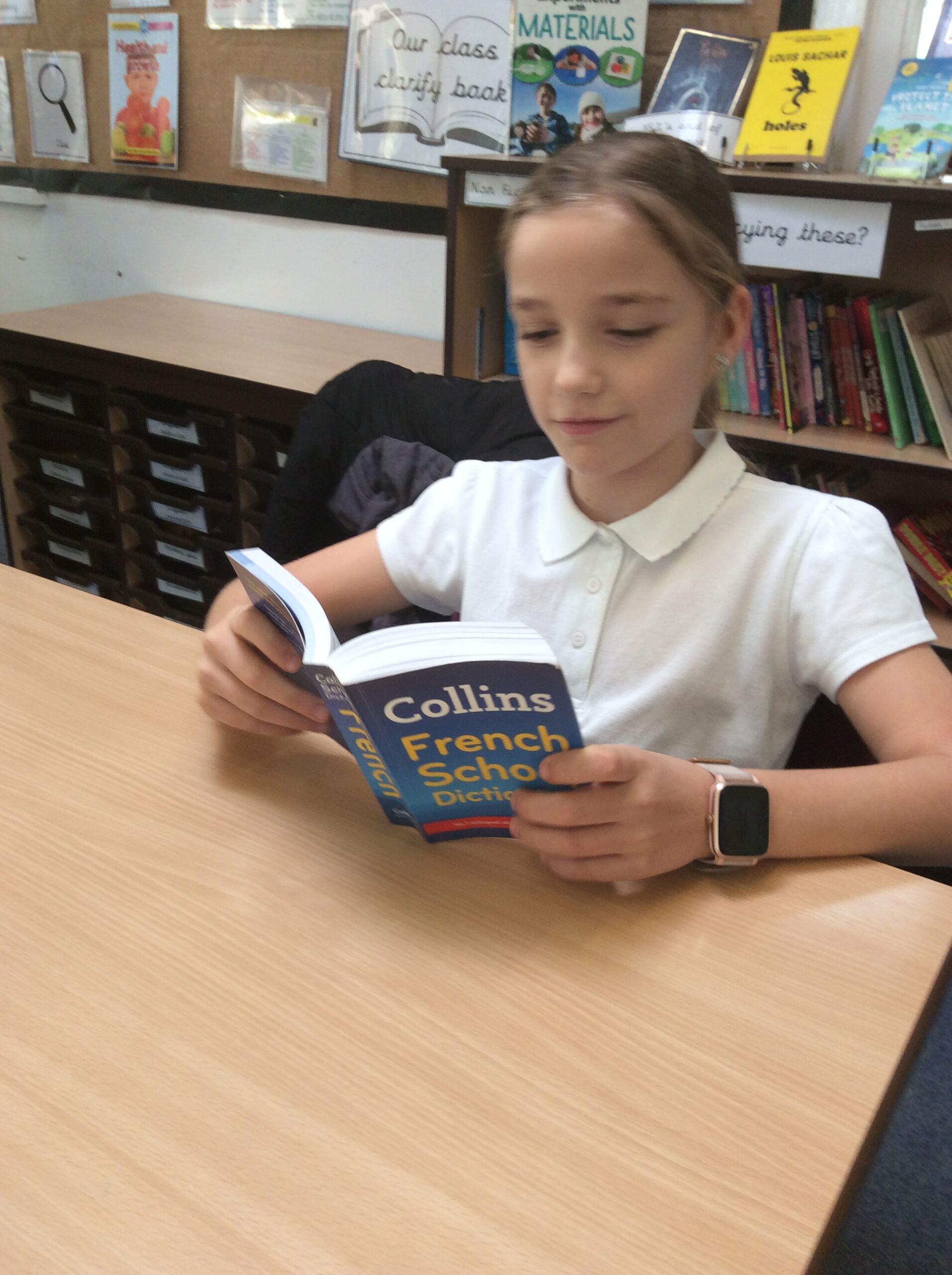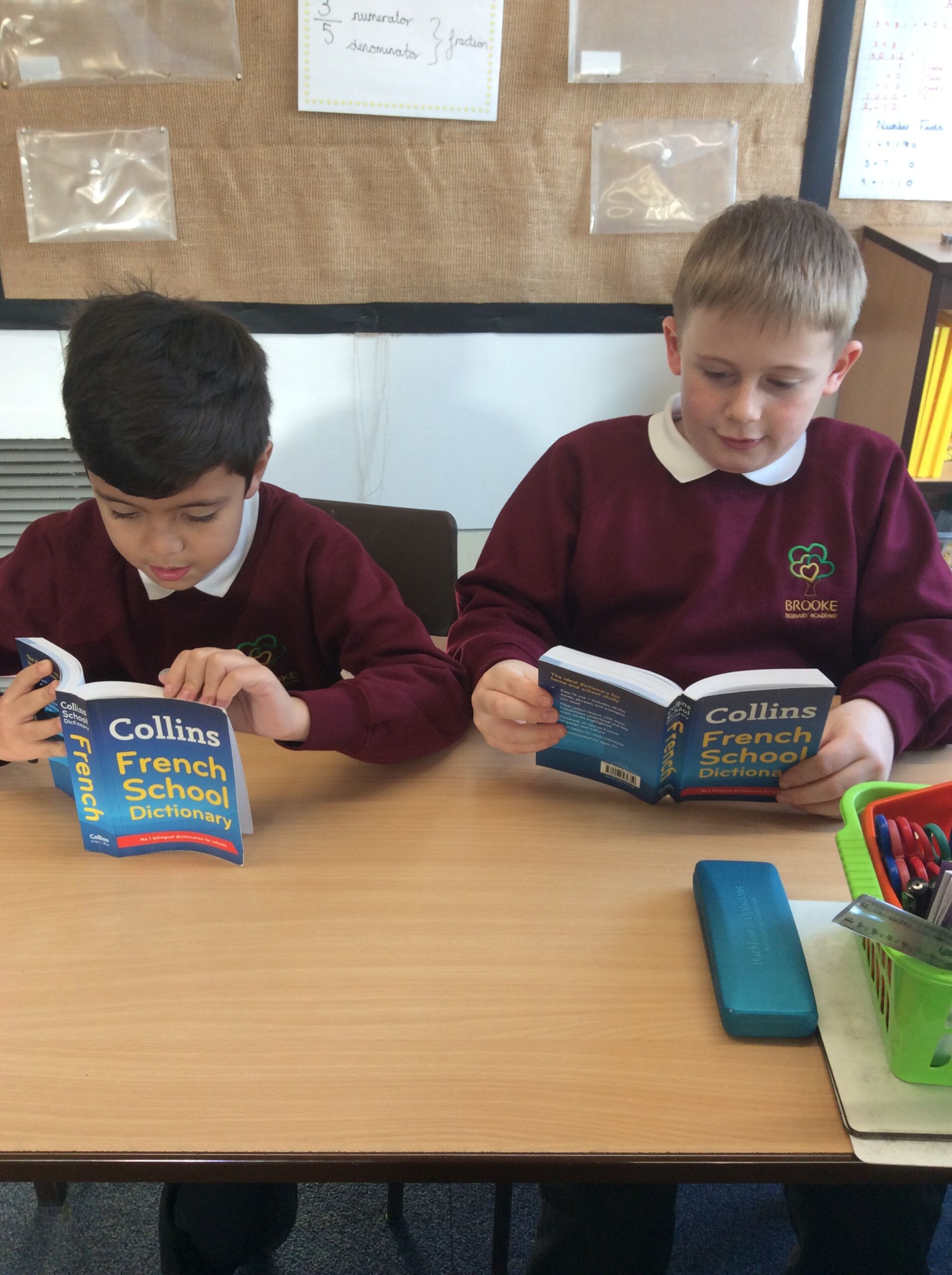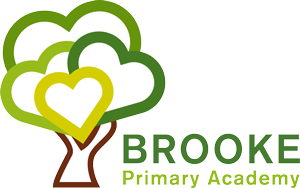
A Venn Academy Trust School
– Together we will…
Venn is a pioneering academy trust, committed to building educational environments where all pupils are inspired to become lifelong learners who achieve the very highest standards possible.
Collaborating with all partners, the Trust works with its unique settings to create world class learning experiences for all.

French
Ambition
• Encourage children to broader their horizons and consider life outside the area that they are growing up in.
• Children see learning a new language as a lifelong skill that will enhance their future life chances.
• Children communicate in another language with confidence and ease.
• Children develop and use wide-ranging vocabulary that goes beyond their immediate needs and interests
Implementation
In years 3-6 French lessons take place once a week for 40 minutes. Lessons are fun, engaging and build on skills previously taught so they are appropriate for all learners.
At Brooke Primary Academy we use Salut to scaffold the teaching of French. Through interactive lessons, songs and games children enjoy learning new skills and develop their ability in all four key areas: reading, writing, speaking and listening.
Impact
At the end of their time in Brooke Primary Academy we expect pupils to have achieved the following:
- to be able understand some written and spoken French and respond appropriately
- to be able to communicate using simple phrases and vocabulary
- to speak confidently in their lessons
- to develop an awareness of other countries and their cultures, including key similarities and differences to their own.
Finally, we want to foster a love of languages that will last our children a lifetime and lay the world at their feet.
Further information and resources
Bbc bitesize ks2 French https://www.bbc.co.uk/bitesize/subjects/z39d7ty
BBC education videos – virtually there, a resource for beginners learning French https://www.bbc.co.uk/teach/class-clips-video/french-ks2-virtually-there-france/zjby8xs
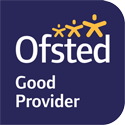
Early Years Provision: The early years setting promotes positive relationships and collaboration among children. Adults model effective communication and use assessment well to engage children in their learning.

Overall Effectiveness: The school is rated “Good” in all categories, including quality of education, behaviour and attitudes, personal development, leadership and management, and early years provision.

Extracurricular Activities: There is a wide range of clubs available, such as football, rugby, forest school, and choir, which help develop pupils’ talents and interests.

Curriculum and Learning: The curriculum is well-considered, building on previous learning to deepen understanding. While assessment systems need improvement, the school’s overall approach helps in identifying and supporting pupils’ needs.

Support for SEND: The school effectively identifies and supports pupils with special educational needs and/or disabilities (SEND), involving parents in the assessment process and adapting lessons to help these pupils build new knowledge.

Positive Behaviour: Changes in how behaviour is managed have helped pupils reflect on their feelings and make better choices. This has resulted in positive behaviour during lessons and playtimes.

Promotion of Values: Pupils learn about diversity and British values through various activities and demonstrate positive attitudes and respect for others. The school also encourages community involvement, such as the choir singing in residential homes and helping at the local food bank.

Reading and Phonics: The school is committed to ensuring all pupils learn to read. Effective training and support for teachers, along with appropriate reading materials and catch-up sessions, help pupils read accurately and confidently.

School Environment: The academy is described as a warm and welcoming place where pupils feel safe and happy. Respectful and positive relationships are central to the school’s environment.

Governance and Leadership: Trustees and governors are skilled and committed, regularly visiting the school and maintaining an accurate picture of its operations to ensure continued improvement.

Safeguarding: The school has effective safeguarding arrangements, creating an open and positive culture that prioritises pupils’ interests.

Anti-Bullying: Pupils respect each other, believe in the school’s values, and feel confident that any issues, including bullying, would be resolved quickly by adults.

High Expectations and Progress: The school sets high expectations for all pupils, which are being met. Parents appreciate the support and information provided by the staff and are pleased with the progress their children make.
